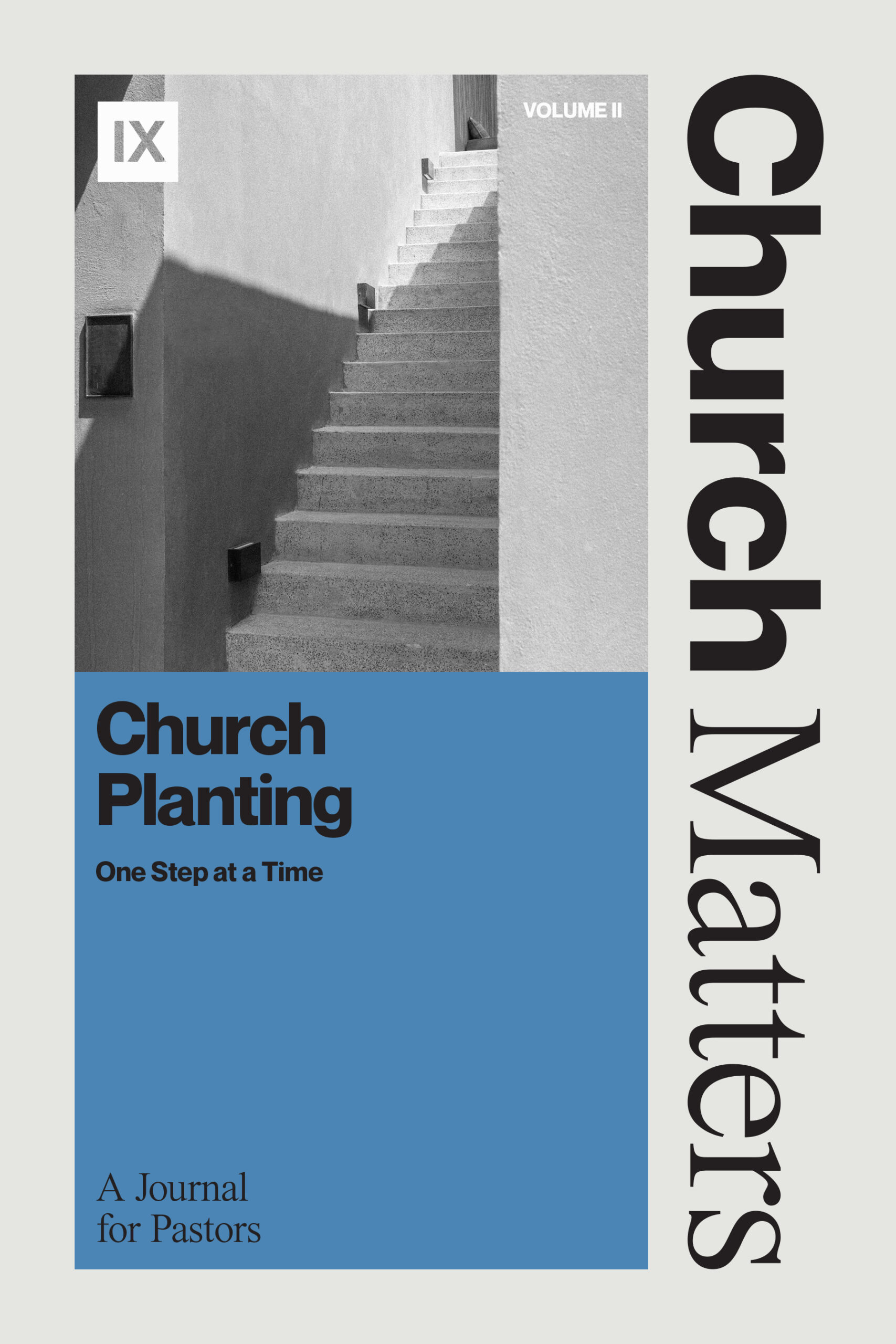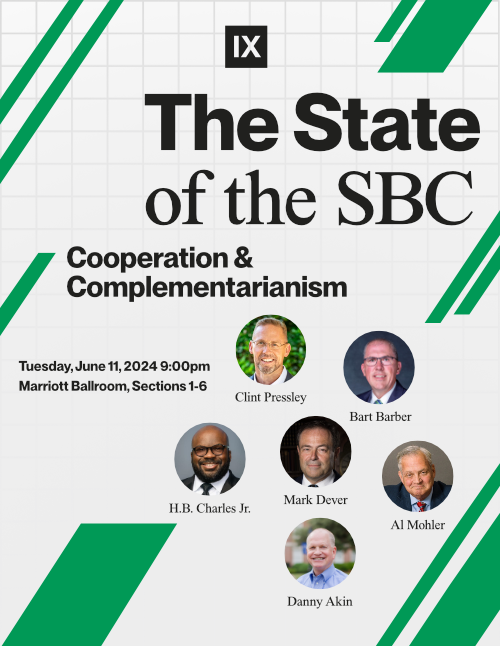Should I Stay or Should I Go? Advice for Members on Church Plants
Imagine with me that you’re at your church’s weekly prayer service. After making a few mundane announcements, the pastor preps the congregation for big news—big news that has been in the works for some time.
“We’re planting a church!” he says triumphantly. Excited gasps erupt. Applause and cheers break out. Then, when the excitement dies down, the questions from the congregation come. “Who will the pastor be?” “Where will the church be planted?” “Where will the church meet?”
You—because you’re a fan of the rock band The Clash—hear in your mind that iconic opening guitar riff, and you stand and ask in your best Joe Strummer voice, “Pastor, you gotta let me know, should I stay or should I go?”
If your church plants a church, that’s one of the most important questions you should ask. Should you remain at the church you’re a member of or should you join in this new work?
The answer to that question isn’t always clear. It often includes weighing numerous competing factors and simply trying to make the most informed decision possible. There are times, however, where the circumstances of a situation make the decision easier. Let me offer four clear reasons why you should consider not joining a new church plant.
1. YOU’RE IN A BAD PLACE SPIRITUALLY
You generally shouldn’t join a church plant if you’re struggling spiritually. By struggling spiritually, I don’t mean you feel spiritually dry, or you aren’t as consistent in your quiet times as you would like to be, or even that you feel like you’re playing whack-a-mole with sin in your life.
What I mean is that you’re in a place of needing acute pastoral care. This might look like a married couple on the brink of separation. It could look like a single man battling substance abuse. It might look like a college girl struggling terribly with depression. The list of potential scenarios is endless.
If you’re in need of regular, acute pastoral care, you should consider not joining a church plant for two reasons. First, you benefit from the continuity of care. Staying at your church will enable pastors familiar with your situation to provide the care and support you will need as you work through whatever difficult circumstances you’re facing.
Second, in the beginning stages of a church plant, pastors are often unable to provide the acute care people need. Have you ever heard of the phrase “death by a thousand paper cuts”? Nowhere is that phrase truer than in planting a church.
In most church plants, the pastor isn’t just the pastor. He’s also the church administrator, events coordinator, website designer, facility manager, lead deacon, lone small group leader, and community liaison; not to mention also often a husband and father. Burnout, anyone?
Don’t get me wrong, pastors of church plants should expect to pastor their members through all sorts of difficult circumstances. It’s just that in the beginning stages of a church plant, they will likely be unable to provide the acute care you’ll need if you’re struggling spiritually.
2. YOU’RE DOING REALLY WELL SPIRITUALLY
You should also consider not joining a church plant if you’re prospering spiritually. I’m talking “crushing the game” level prospering. Not your run-of-the-mill, “Yeah, I’m doing well spiritually, I guess,” type of prospering.
Your knowledge of the Word is growing in ways you haven’t experienced before. The Lord is blessing your discipling relationships. You’re joyfully taking on greater responsibility in your church, and the church is benefitting as a result. Your life—by God’s grace—looks like a fruit farm at harvest time.
Recognize that seasons of spiritual prosperity are gifts from God. If you’re in a season like that, praise God! Also, don’t interrupt the work by moving on from the circumstances in which he’s doing it. These unique seasons don’t last forever. Be a sponge and soak up all the good that God is doing in your life so that you can be wrung out for the good of others at some point in the future.
3. YOU CAN’T ENVISION SITTING UNDER THE PROSPECTIVE PASTOR’S PREACHING
If you’re considering joining a church plant, one of the most important questions you need to ask yourself is, “Can I envision sitting under this particular pastor’s preaching each week? And what about my family or any non-Christians I might bring to church?” In an ideal world, we would all love to listen to and benefit equally from every pastor who faithfully preaches God’s Word.
Unfortunately, we don’t live in an ideal world, so we won’t all benefit equally from every pastor who faithfully preaches God’s Word. Some people prefer more cerebral preaching, while others prefer more down-to-earth preaching. Some appreciate emotionally restrained preaching, while others appreciate emotionally expressive preaching. Some people want 60-minute sermons, while others want 30-minute sermons. Sometimes you just don’t like the way a certain preacher sounds.
If you think you’ll struggle to sit under the prospective pastor’s preaching, you should consider staying put.
4. YOU DISAGREE WITH THE PROSPECTIVE PASTOR ON ENOUGH SECONDARY MATTERS
Finally, if you disagree with the prospective pastor on enough secondary matters (or other important issues), then you should not consider joining. Secondary matters have historically been matters along which denominational lines have been drawn, but even within the same denomination there can be disagreement over how particular secondary doctrines are applied.
For example, Baptists agree that only believers should be baptized, but they may disagree over when a person should be baptized or who should be admitted to the Lord’s Table. But beyond secondary matters, there are a whole host of other important issues like polity, the role of women in the church, divorce and remarriage, spiritual gifts, the church and social justice, and many more that a prospective pastor will have to take a position on.
If you find that you disagree on enough of those issues, then you should consider staying at your current church. And I’m saying “enough” because I don’t think disagreement on just one necessarily prevents you from joining. If, however, you find that there are numerous secondary matters and/or important issues that you disagree on, then that’s a good sign you should not join that church plant.
Related Multimedia

Why Bad Polity Hurt My Church Plant
By Phil Newton









